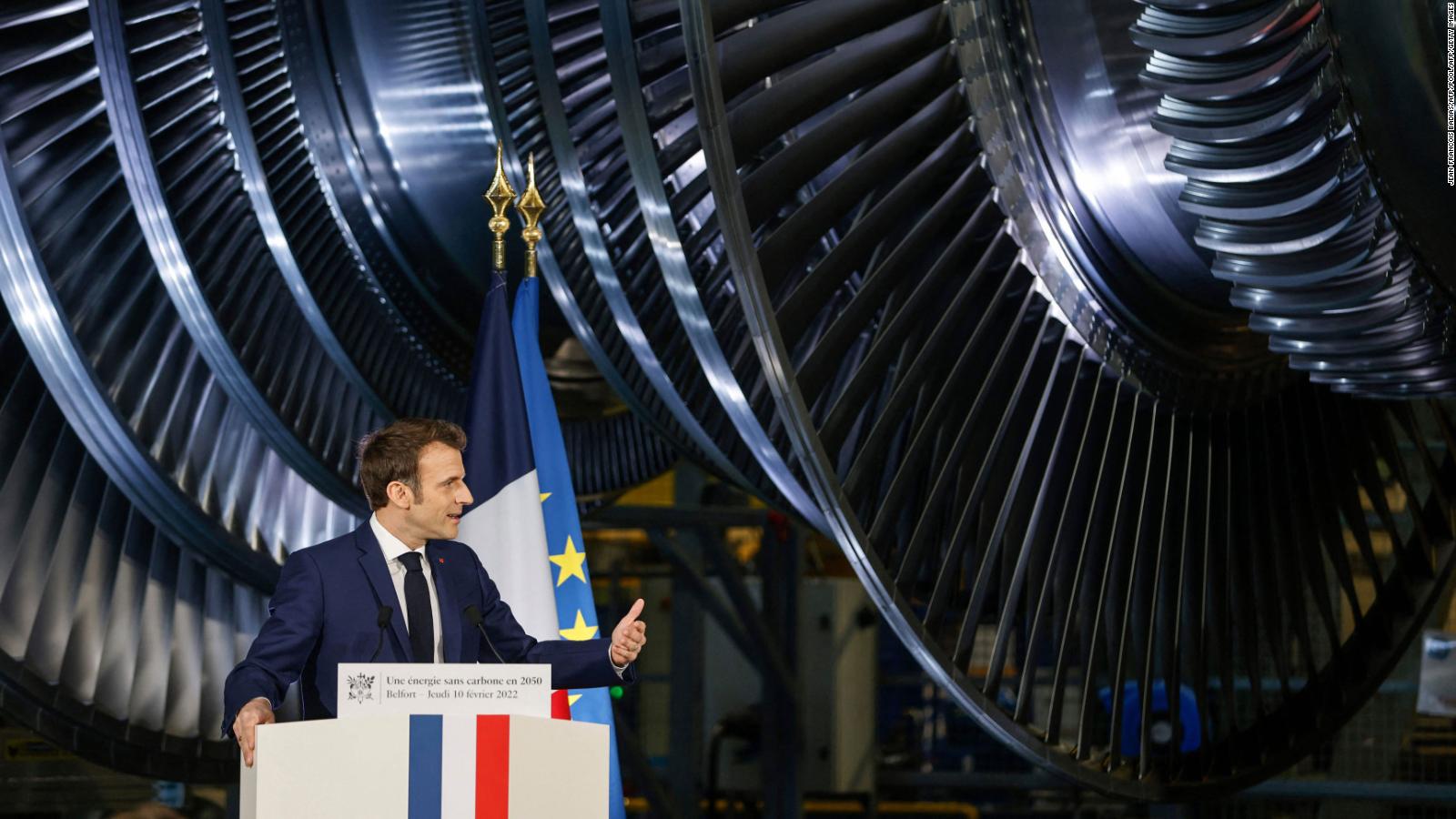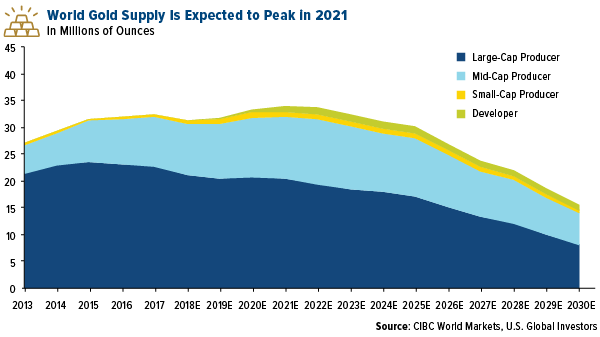France Pushes For European Nuclear Energy Partnership

Table of Contents
France's Rationale for a European Nuclear Energy Partnership
France's strong advocacy for a European Nuclear Energy Partnership stems from a multifaceted strategy addressing crucial national and continental needs. The primary motivations include enhancing energy independence, bolstering security of supply, accelerating the fight against climate change, and reaping significant economic benefits.
- Reduced dependence on Russian gas and other volatile global energy markets: The current geopolitical landscape underscores the vulnerability of relying heavily on energy imports from unstable regions. A unified European nuclear energy strategy offers a path towards energy sovereignty.
- Strengthened energy security for EU member states: A collaborative approach to nuclear energy ensures a more resilient and reliable energy supply across the European Union, reducing susceptibility to external shocks.
- Meeting ambitious climate targets through low-carbon energy sources: Nuclear power offers a significant contribution to achieving the EU's ambitious climate targets by providing a consistent and low-carbon electricity source.
- Boosting European technological leadership in nuclear reactor design and development: A collaborative partnership fosters innovation, allowing Europe to maintain a leading position in advanced reactor technologies, such as Small Modular Reactors (SMRs).
- Creating jobs and economic growth within the nuclear sector: The development and deployment of nuclear energy create numerous high-skilled jobs across the entire value chain, stimulating economic growth and technological advancement within the EU.
Key Elements of the Proposed Partnership
The proposed European Nuclear Energy Partnership encompasses a broad range of collaborative activities aimed at creating a unified and efficient nuclear energy sector within the EU. Its potential scope includes significant investment and joint efforts across several key areas.
- Collaboration on advanced reactor designs, including Small Modular Reactors (SMRs): SMRs, due to their smaller scale and modular design, offer increased safety, flexibility, and potentially reduced costs, making them an attractive addition to the European energy mix.
- Harmonization of nuclear safety standards and regulatory frameworks: Establishing common safety regulations and licensing processes across the EU streamlines the development and deployment of nuclear power plants, reducing bureaucratic hurdles and promoting efficiency.
- Joint procurement of nuclear materials and components: A collaborative procurement strategy can leverage economies of scale, reduce costs, and ensure a reliable supply chain for nuclear materials and components.
- Shared investment in nuclear waste storage and disposal facilities: Developing a comprehensive and shared approach to nuclear waste management is crucial for addressing public concerns and ensuring responsible stewardship of nuclear materials.
- Development of a common European approach to the financing of nuclear projects: Establishing a robust financing mechanism could attract substantial investment and unlock the potential of nuclear energy to contribute significantly to the European energy transition.
Challenges and Obstacles to Implementation
While the potential benefits of a European Nuclear Energy Partnership are substantial, several challenges and obstacles must be addressed to ensure its successful implementation.
- Overcoming public skepticism and addressing concerns about nuclear waste disposal: Public perception of nuclear power remains a crucial factor; addressing concerns about safety and waste disposal is essential for building public trust and support. Transparent communication and robust waste management strategies are crucial.
- Negotiating agreement among EU member states with diverse energy mixes: Reaching a consensus among EU member states with varying energy policies and priorities will require diplomatic efforts and compromises.
- Securing sufficient funding for large-scale nuclear infrastructure projects: The significant financial investment required for new nuclear power plants and infrastructure necessitates a clear and well-defined financing plan, involving both public and private investment.
- Addressing potential safety and security concerns related to nuclear materials: Maintaining the highest safety and security standards throughout the nuclear fuel cycle is paramount to mitigate risks and prevent potential misuse of nuclear materials.
- Navigating the complex regulatory landscape at both the national and EU levels: The intricate regulatory environment surrounding nuclear energy necessitates a coordinated approach to streamline licensing processes and ensure compliance across all EU member states.
Potential Benefits and Impacts of a Successful Partnership
A successful European Nuclear Energy Partnership would yield substantial benefits for the entire continent, impacting energy security, environmental sustainability, and economic growth.
- Significant reduction in greenhouse gas emissions across Europe: Nuclear power provides a low-carbon electricity source, significantly contributing to the EU's climate goals and reducing reliance on fossil fuels.
- Increased energy resilience and independence from geopolitical instability: Reducing dependence on energy imports enhances the EU's energy security and resilience to external shocks and geopolitical fluctuations.
- Creation of high-skilled jobs and economic opportunities: The nuclear sector creates numerous high-skilled jobs, boosting economic growth and fostering innovation.
- Promotion of European technological leadership in the global nuclear energy market: A collaborative partnership allows Europe to maintain its technological leadership in advanced reactor designs and related technologies.
- Strengthening of the EU's energy union and its strategic autonomy: A successful partnership strengthens the EU's energy union and promotes its strategic autonomy in the global energy market.
Conclusion
France's push for a European Nuclear Energy Partnership represents a significant opportunity to reshape Europe's energy future. While challenges remain, a successful partnership could deliver substantial benefits in terms of energy security, climate action, and economic growth. The initiative requires collaborative efforts from all stakeholders to navigate the complexities and realize the full potential of this ambitious endeavor. The future of a cleaner, more secure Europe might well depend on the success of this European Nuclear Energy Partnership. Learn more about the potential of a European Nuclear Energy Partnership and its implications for the future of European energy security. Join the conversation and stay informed on the progress of this crucial initiative. Support the development of a robust and sustainable European Nuclear Energy Partnership.

Featured Posts
-
 Prediction Two Stocks Outperforming Palantir In 3 Years
May 10, 2025
Prediction Two Stocks Outperforming Palantir In 3 Years
May 10, 2025 -
 Oilers Overtime Victory Levels Series With Kings
May 10, 2025
Oilers Overtime Victory Levels Series With Kings
May 10, 2025 -
 Young Thug On Not Like U Mention After His Release From Prison
May 10, 2025
Young Thug On Not Like U Mention After His Release From Prison
May 10, 2025 -
 Economic Impact Of Perus Mining Ban 200 Million Gold Deficit
May 10, 2025
Economic Impact Of Perus Mining Ban 200 Million Gold Deficit
May 10, 2025 -
 Following Trump Order Ihsaa Bans Transgender Girls From Sports
May 10, 2025
Following Trump Order Ihsaa Bans Transgender Girls From Sports
May 10, 2025
